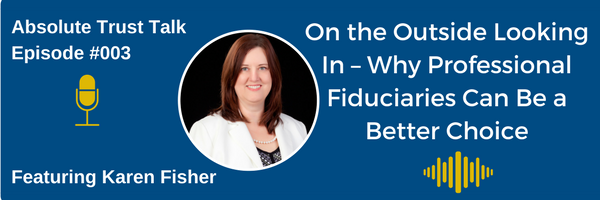How to Protect Separate Property in Estate Planning Estate planning in California can be complex, significantly when differentiating between separate and community property. This distinction is crucial for ensuring your assets are distributed according to your wishes. In this blog post, we’ll focus on individual property, what it entails, how it is handled in California estate planning, and the steps…










